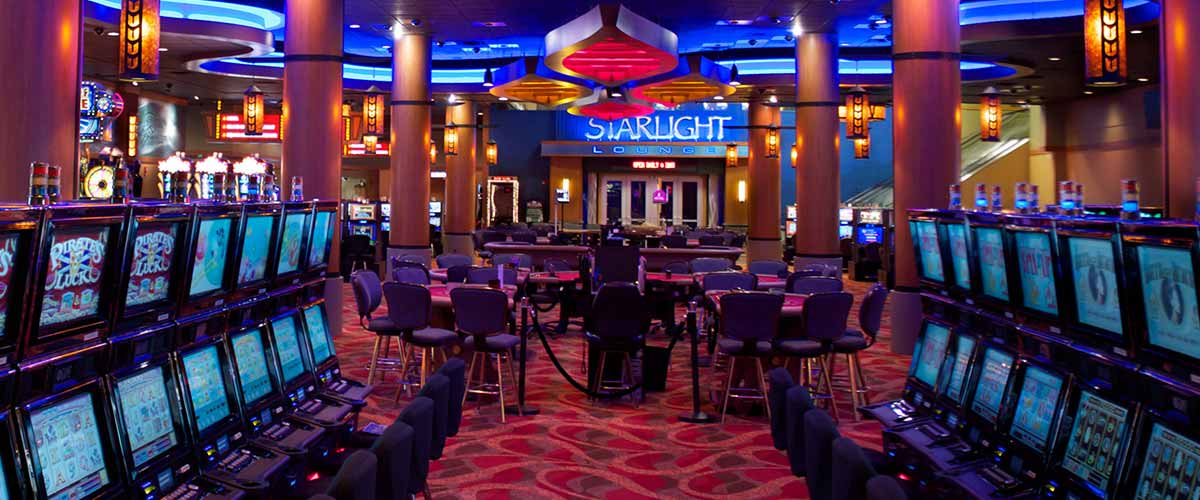
The realm of gambling gaming has experienced a significant transformation in recent times, driven by technological advancements and changing player tastes. As more gamers turn to online platforms for entertainment, conventional casino activities are being increasingly modified to satisfy the demands of a technology-oriented audience. This shift not just involves the shift from physical to virtual environments but also covers the development of gameplay systems and player engagement techniques.
In this emerging virtual age, video game developers are harnessing innovative techniques to create immersive environments that appeal with a diverse spectrum of players. From online fruit games with stunning graphics to interactive card games that replicate the feel of a live gambling hall, the modification process is redefining how we view and experience gambling games. business text messaging service As we navigate this fascinating journey, it is clear that the future of gaming lies in the smooth integration of cutting-edge tech with the everlasting appeal of chance and strategy.
The Development of Gambling Entertainment
Casino games have gone through significant transformations throughout history, showing transformations in technology, society, and player preferences. In ancient eras, simple activities of luck were enjoyed using primitive materials such as rocks and bones. As societies progressed, so did the complexity of these games. The introduction of playing cards in the Middle Ages marked a pivotal moment, culminating to the development of well-known games like poker and blackjack, which are continuously enjoyed in the present. Over the centuries, the physical layout of gambling establishments has also changed, transitioning from tiny local venues to expansive, elaborate establishments.
The twentieth century witnessed a transformation in the world of gambling entertainment with the advent of digital gaming. Fruit machines emerged as a favored attraction, captivating players with their colorful lights and audio effects. This era also saw the emergence of gambling hotels, which merged high-end accommodations with a diverse array of casino options. The launch of video gaming further broadened the field, allowing for more complex designs and gaming mechanics. These innovations not only attracted a wider audience but also changed the way gambling entertainment were experienced.
With the rise of the web in the final 90s and beginning 2000s, casino games moved into a new online phase. Online casinos emerged, providing players with the ease of playing from their homes. This shift required game designers to reconsider traditional designs and modify them for an interactive online experience. Currently, advancements in tech, including mobile gaming and VR, continue to shape the progress of casino entertainment, creating engaging experiences that captivate players like not before.
Key Features of Online Casino Games
Online casino games have transformed the way players engage with gaming by offering engaging experiences that replicate the thrill of physical casinos. One of the most notable features is the use of high-quality graphics and animations, creating a aesthetically striking environment. Developers focus on providing authentic themes and engaging storylines that entice players into the game, improving their overall experience. The ability to provide 3D visuals and spectacular sound effects means that players can experience a lively atmosphere akin to what they would experience on a casino floor.
Another key aspect of virtual casino experiences is the accessibility they offer to players around the world. Digital platforms enable individuals to play their preferred games from the comfort of their own homes or on the go through mobile devices. This comfort is accompanied by a broad range of gaming alternatives, including slots, table games, and live gaming experiences. Players no longer need to travel to a physical location to enjoy their beloved betting experiences, allowing a larger audience to engage with gambling experiences.
Lastly, virtual gaming experiences frequently incorporate innovative features such as engaging gameplay and social interactions. Many games now allow players to go head-to-head against one another, join tournaments, or even share their achievements on social networking sites. This transformation encourages a sense of community among players while promoting healthy competition. Additionally, features like modifiable avatars and in-game chat options improve player interaction, making the digital gaming experience even more thrilling for all users.
What Lies Ahead of Digital Gaming
As technology makes progress, the landscape of online gaming is preparing for significant evolution. Immersive and enhanced reality are disrupting the industry, offering players an engaging adventure that mirrors the excitement of being in a real-life casino. These advancements create opportunities for creators to introduce new game formats and interactive features, reshaping how players engage with their preferred casino games.
Additionally, the integration of artificial intelligence is improving user experiences and tailoring gameplay. AI can examine player behavior, suggest tailored game options, and improve customer support through virtual agents. This customization not only keeps players engaged but also assists build a loyal community around specific casino platforms, positioning them for success in a competitive market.
Finally, the rise of gaming on mobile devices is another crucial factor shaping the future of online gaming. With an ever-increasing number of players enjoying casino games on their smartphones, game designers are gearing up for optimizing their platforms for mobile access. This transition allows players to play casino games wherever they are, paving the way for a more dynamic and accessible gaming environment that caters to a broader audience.
